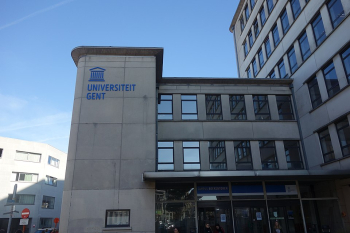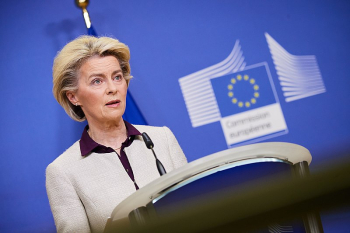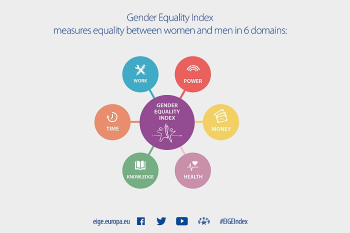
EU sets targets for reducing food waste by 2030
The European Parliament and the Council have reached a provisional agreement on new measures aimed at reducing food and textile waste across the EU. The new rules establish binding targets for food waste reduction at the national level, requiring a 10% reduction in food processing and manufacturing and a 30% reduction per capita in retail, restaurants, food services, and households by 31 December 2030. These reductions will be measured against the average food waste levels recorded between 2021 and 2023.
To further combat food waste, EU member states must ensure that key economic operators identified in each country facilitate the donation of unsold food that is still safe for human consumption.
Extended producer responsibility for textile waste
The agreement also introduces extended producer responsibility (EPR) schemes for textiles, requiring manufacturers to cover the costs of collecting, sorting, and recycling textile waste. These obligations will apply 30 months after the directive enters into force, including for companies that sell products via e-commerce, regardless of their location inside or outside the EU. Micro-enterprises will have an additional 12 months to comply.
The regulation covers various textile products, including clothing, accessories, footwear, blankets, bed and kitchen linen, curtains, and hats. Additionally, EU countries may choose to implement similar EPR schemes for mattresses.
To address concerns over fast fashion and ultra-fast fashion, negotiators have agreed that financial contributions under EPR schemes should reflect the impact of these business models.
Parliament’s perspective
Rapporteur Anna Zalewska (ECR, PL) emphasized the significance of the agreement, stating:
"We have successfully secured measures to reduce both food and textile waste at the municipal level. The agreement ensures that food waste reduction policies are realistic and feasible for member states while safeguarding the agriculture sector. We have also established a legal framework requiring producers to contribute to the effective separate collection of textiles. Additionally, we have minimized the administrative burden for both member states and economic operators."
Next steps
The agreement follows an early second reading procedure, meaning negotiations took place after the European Parliament’s initial reading. The Council must now formally adopt its position, after which the European Parliament will endorse the agreement in a second reading.
Background
Each year, the EU generates approximately 60 million tonnes of food waste, equating to 132 kg per person, and 12.6 million tonnes of textile waste. Of this, 5.2 million tonnes come from clothing and footwear alone, which translates to 12 kg of waste per person annually. Currently, less than 1% of textiles worldwide are recycled into new products.
In July 2023, the European Commission proposed revising EU waste regulations, specifically targeting food and textile waste. Under the existing rules, EU countries are already required to set up separate textile collection systems by 1 January 2025.

















